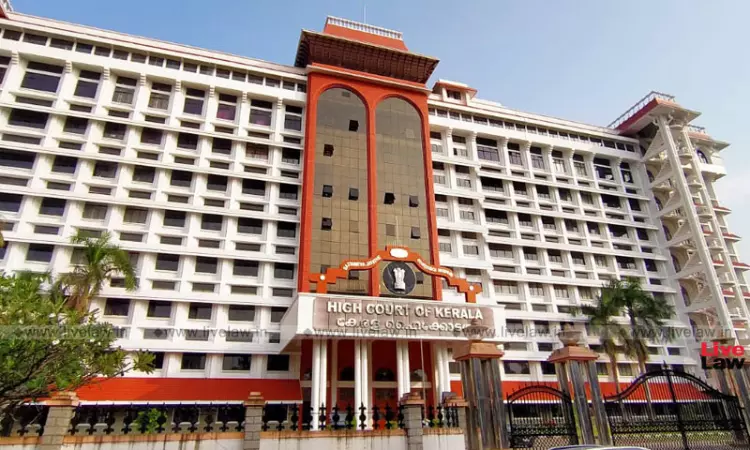Plea In Kerala High Court Challenges Centre's Order Blocking Open Source Messaging Apps 'Briar', 'Element'
Navya Benny
16 May 2023 3:29 PM IST

Next Story
16 May 2023 3:29 PM IST
A plea has been filed in the Kerala High Court challenging the blocking of Free and Open Source Software (FOSS) applications— 'Element' and 'Briar', by the Central Government under Section 69A of the Information Technology Act, 2000 (hereinafter, 'IT Act, 2000'). As per media reports, on May 1, 2023, Centre blocked fourteen mobile messaging applications under Section 69A of the IT Act...
